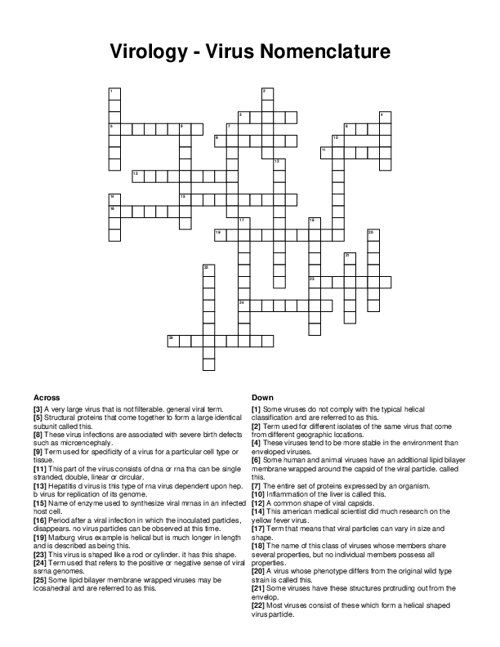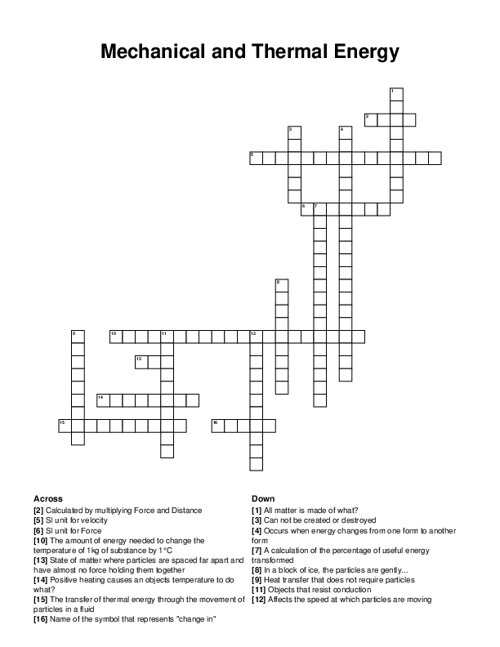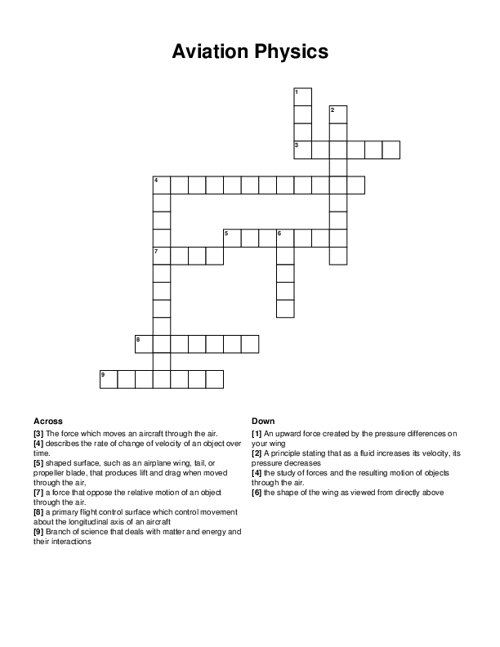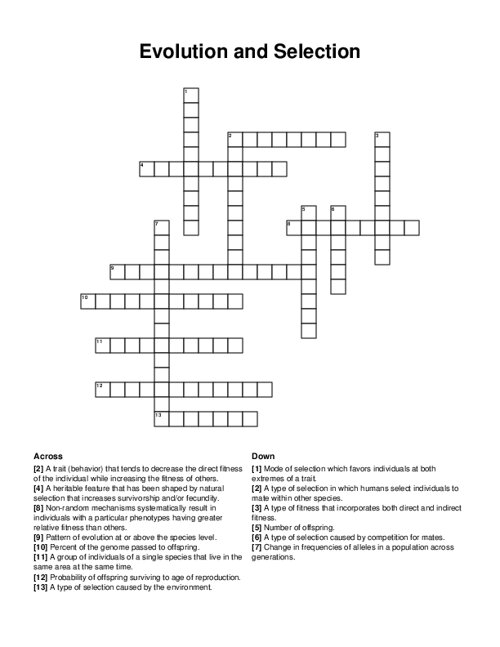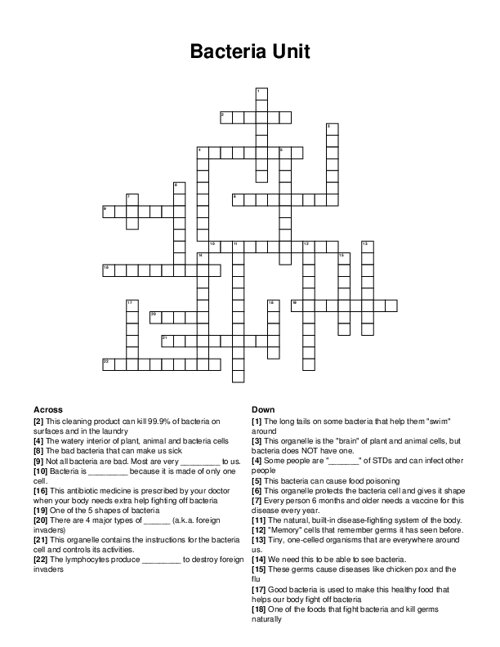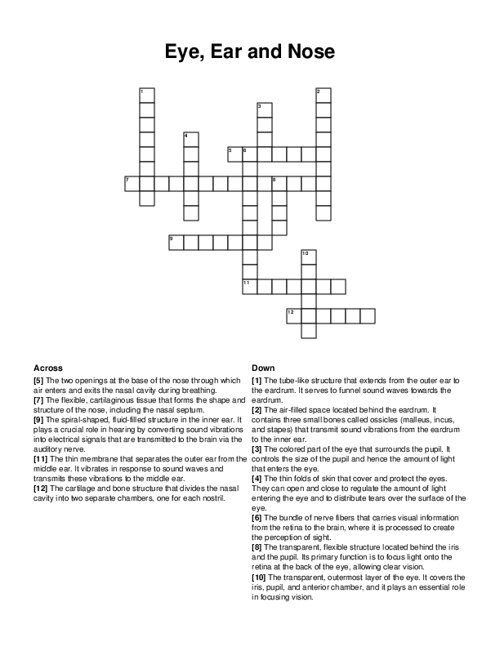Virology - Virus Nomenclature Crossword Puzzle
Download and print this Virology - Virus Nomenclature crossword puzzle.
Related puzzles:
QUESTIONS LIST:
- eclipse : period after a viral infection in which the inoculated particles, disappears. no virus particles can be observed at this time.
- tropism : term used for specificity of a virus for a particular cell type or tissue.
- filamentous : marburg virus example is helical but is much longer in length and is described as being this.
- naked : these viruses tend to be more stable in the environment than enveloped viruses.
- polythetic : the name of this class of viruses whose members share several properties, but no individual members possess all properties.
- enveloped : some human and animal viruses have an additional lipid bilayer membrane wrapped around the capsid of the viral particle. called this.
- spherical : some lipid bilayer membrane wrapped viruses may be icosahedral and are referred to as this.
- helical : this virus is shaped like a rod or cylinder. it has this shape.
- genome : this part of the virus consists of dna or rna tha can be single stranded, double, linear or circular.
- zika : these virus infections are associated with severe birth defects such as microencephaly.
- icosahedron : a common shape of viral capsids.
- hepatitis : inflammation of the liver is called this.
- girus : a very large virus that is not filterable. general viral term.
- capsomers : most viruses consist of these which form a helical shaped virus particle.
- spikes : some viruses have these structures protruding out from the envelop.
- strain : term used for different isolates of the same virus that come from different geographic locations.
- satellite : hepatitis d virus is this type of rna virus dependent upon hep. b virus for replication of its genome.
- polymerase : name of enzyme used to synthesize viral mrnas in an infected host cell.
- protomer : structural proteins that come together to form a large identical subunit called this.
- proteome : the entire set of proteins expressed by an organism.
- pleomorphic : term that means that viral particles can vary in size and shape.
- variant : a virus whose phenotype differs from the original wild type strain is called this.
- polarity : term used that refers to the positive or negative sense of viral ssrna genomes.
- complex : some viruses do not comply with the typical helical classification and are referred to as this.
- reed : this american medical scientist did much research on the yellow fever virus.
